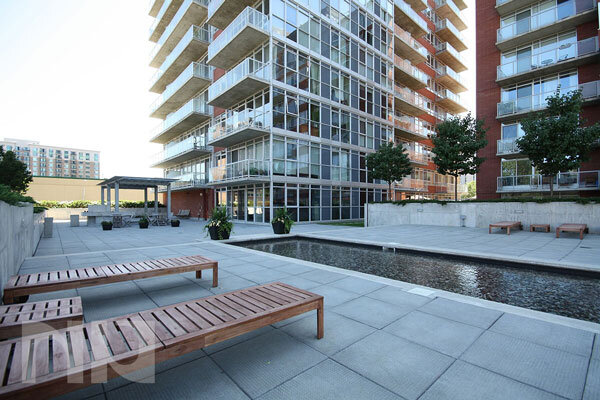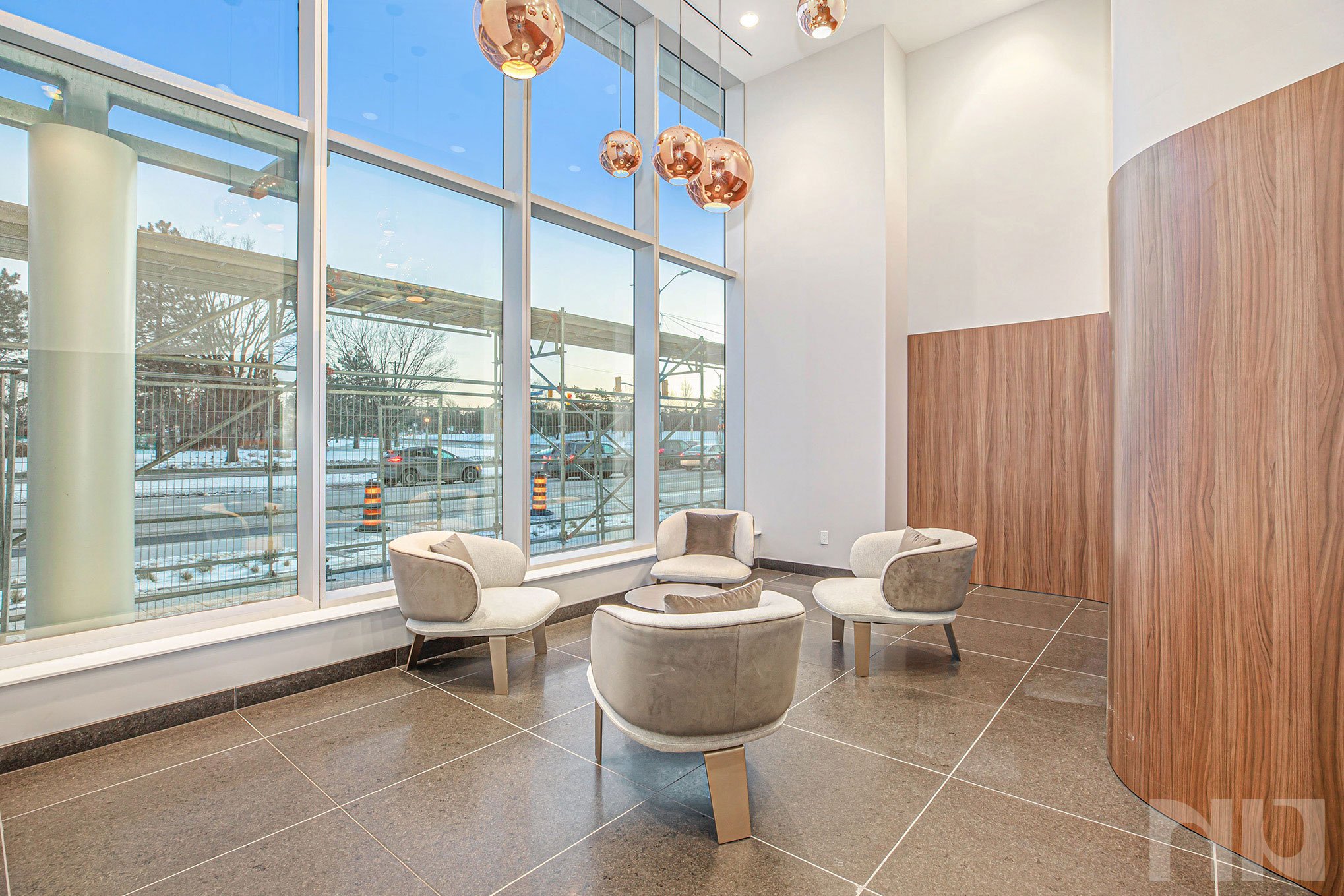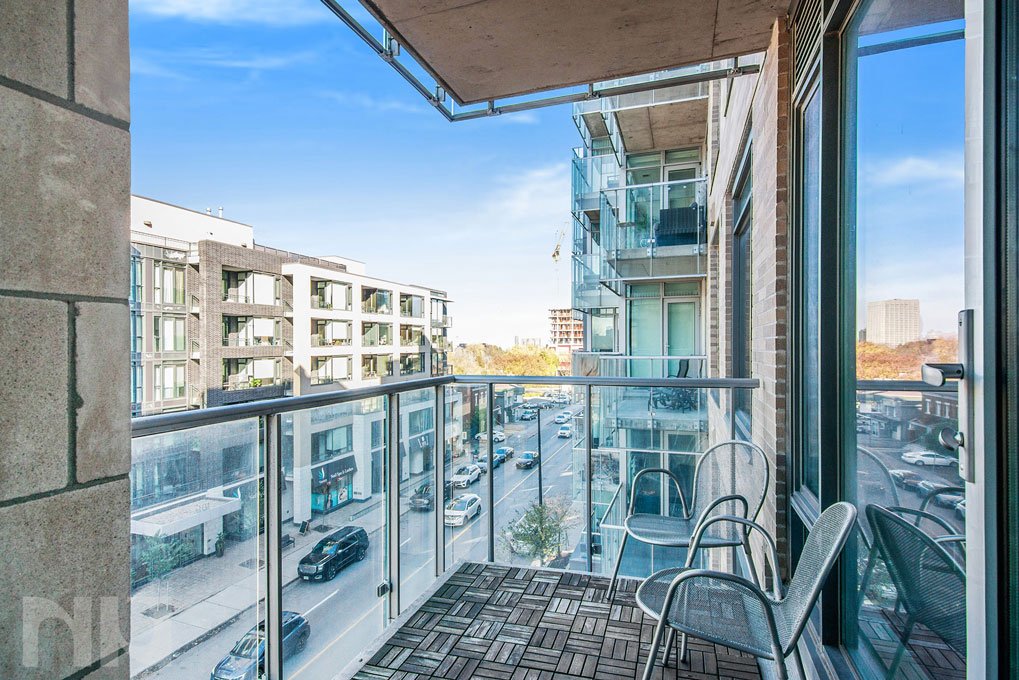When purchasing a condo in Ottawa, it's essential to understand the condo bylaws, as they govern how the condominium corporation operates and dictate the rules that all owners and residents must follow. Bylaws can impact everything from pet ownership to renovations and should be carefully reviewed before finalizing your purchase. Here’s a detailed overview of what Ottawa condo buyers need to know about condo bylaws in 2024.
1. What Are Condo Bylaws?
Condo bylaws are legal documents that outline the governance of a condominium corporation. They establish the rules and regulations for the property, including the responsibilities of the condo board, the rights and obligations of unit owners, and the procedures for managing the condo corporation’s finances and property.
In Ottawa, condo bylaws are governed by the Condominium Act of Ontario, which provides the legal framework for all condominiums in the province. Each condo corporation can have its own set of bylaws, which must comply with the broader Condominium Act.
2. Key Components of Condo Bylaws
Bylaws can vary significantly between different condo buildings, but they typically include the following components:
Governance Structure: Defines how the condo board is elected, the board’s powers, and how meetings are conducted.
Financial Management: Details about the condo corporation’s budget, reserve fund, and how common expenses are allocated among unit owners.
Maintenance Responsibilities: Outlines which parts of the building are maintained by the condo corporation and which are the responsibility of individual unit owners.
Use of Common Areas: Rules regarding the use of shared spaces, such as gyms, pools, and rooftop terraces.
Restrictions on Modifications: Guidelines on what modifications can be made to units, including restrictions on structural changes or exterior alterations.
Pet Policies: Regulations regarding the type, size, and number of pets allowed within the building.
Noise and Nuisance Policies: Rules aimed at minimizing disturbances within the building.
Rental Policies: Guidelines on whether units can be rented out and any restrictions on short-term rentals like Airbnb.
3. Reviewing Bylaws Before Purchase
Before purchasing a condo, it’s crucial to review the bylaws as part of your due diligence. These documents are typically included in the Status Certificate, a legal document that provides detailed information about the condo corporation. Under Ontario law, buyers have the right to review the Status Certificate before finalizing their purchase.
In 2024, it’s increasingly common for real estate agents and lawyers to recommend that buyers hire a specialized condo lawyer to review the bylaws. This is particularly important for first-time condo buyers or those purchasing in buildings with extensive amenities and shared spaces, as the bylaws can be complex.
4. Recent Changes and Trends in Ottawa’s Condo Bylaws
In recent years, there have been several trends and changes in condo bylaws in Ottawa, reflecting broader societal shifts and technological advancements:
Short-Term Rental Restrictions: With the rise of platforms like Airbnb, many condo corporations in Ottawa have updated their bylaws to restrict or ban short-term rentals. This is often done to maintain security and community within the building and to prevent excessive wear and tear on shared amenities.
Sustainability Initiatives: Newer condos are incorporating green initiatives into their bylaws, such as rules around energy-efficient upgrades, waste management practices, and the installation of electric vehicle charging stations.
Technology Integration: As smart home technology becomes more prevalent, some bylaws now include provisions for the installation and use of these systems. This includes guidelines on installing security cameras, smart locks, and other connected devices that could impact other residents' privacy or the building’s infrastructure.
Remote Participation in Meetings: The COVID-19 pandemic has led to the adoption of bylaws that allow for virtual condo board meetings and electronic voting. This trend is expected to continue, providing more flexibility and participation opportunities for owners who may not be physically present.
5. How Bylaws Impact Daily Living
Understanding how condo bylaws impact your daily living is crucial to ensuring a comfortable and hassle-free experience in your new home. For instance:
Pet Ownership: If you own a pet, ensure that the bylaws allow for your specific type of pet and consider any size or breed restrictions. Violating these rules could result in fines or, in extreme cases, the need to rehome your pet.
Renovations: If you plan to renovate, be aware of restrictions on alterations to your unit, especially concerning load-bearing walls or changes that affect the building’s exterior. Some buildings require board approval for even minor modifications.
Renting Out Your Unit: If you intend to rent out your condo, check for any restrictions on rental durations or subletting. Many buildings have rules to prevent short-term rentals or require board approval before leasing your unit to a new tenant.
6. Enforcing and Amending Bylaws
Condo bylaws are enforceable by the condo board, and violations can lead to penalties, including fines or legal action. However, bylaws can also be amended if a majority of the owners agree. This typically requires a vote at an annual general meeting (AGM) or a special meeting, where proposed changes are discussed and voted upon.
In 2024, with the increasing diversity of condo residents in Ottawa, there has been a greater push towards more inclusive and flexible bylaws that cater to different lifestyles and needs.
Understanding condo bylaws is essential for anyone considering purchasing a condo in Ottawa. These rules govern many aspects of life within the building and can significantly impact your experience as a resident. By thoroughly reviewing the bylaws and consulting with professionals when necessary, you can ensure that your new home aligns with your lifestyle and expectations.
Contact Us:




























































